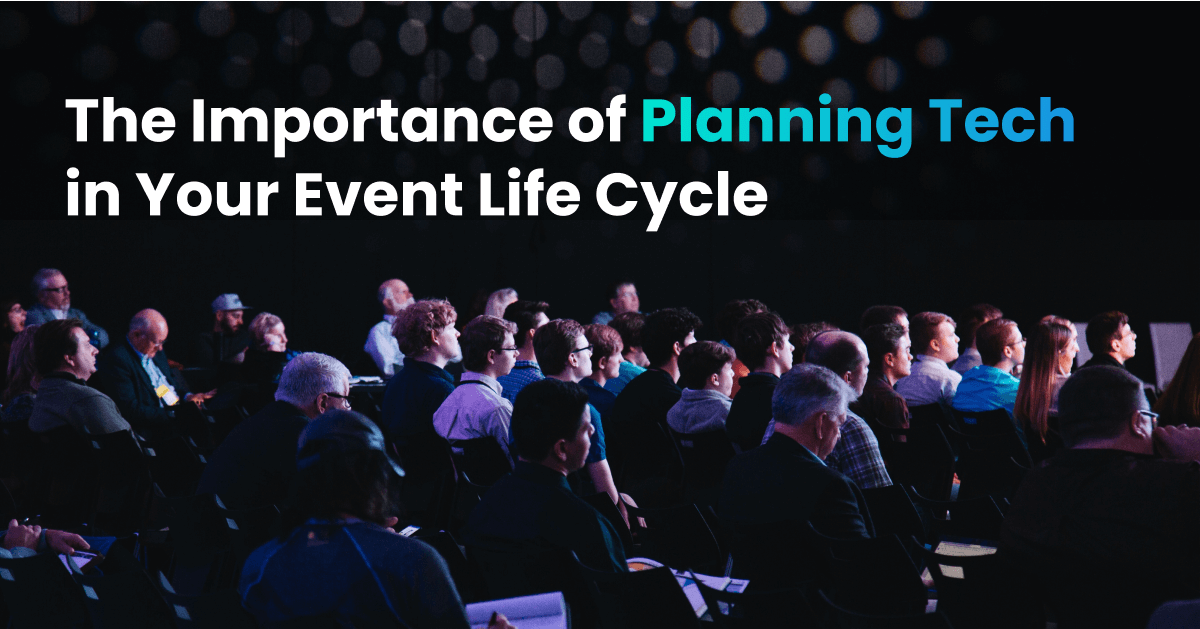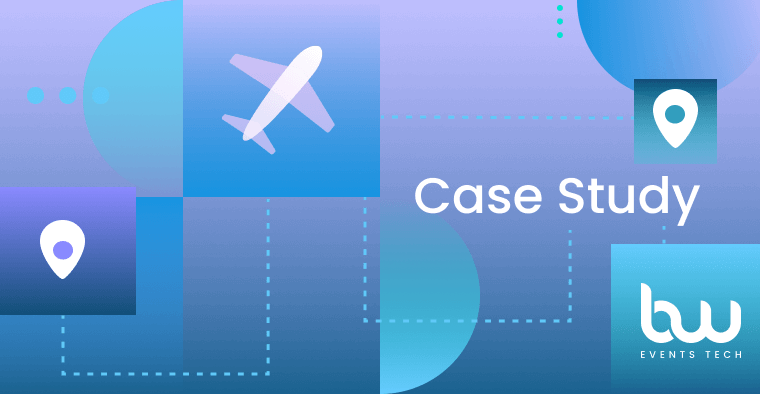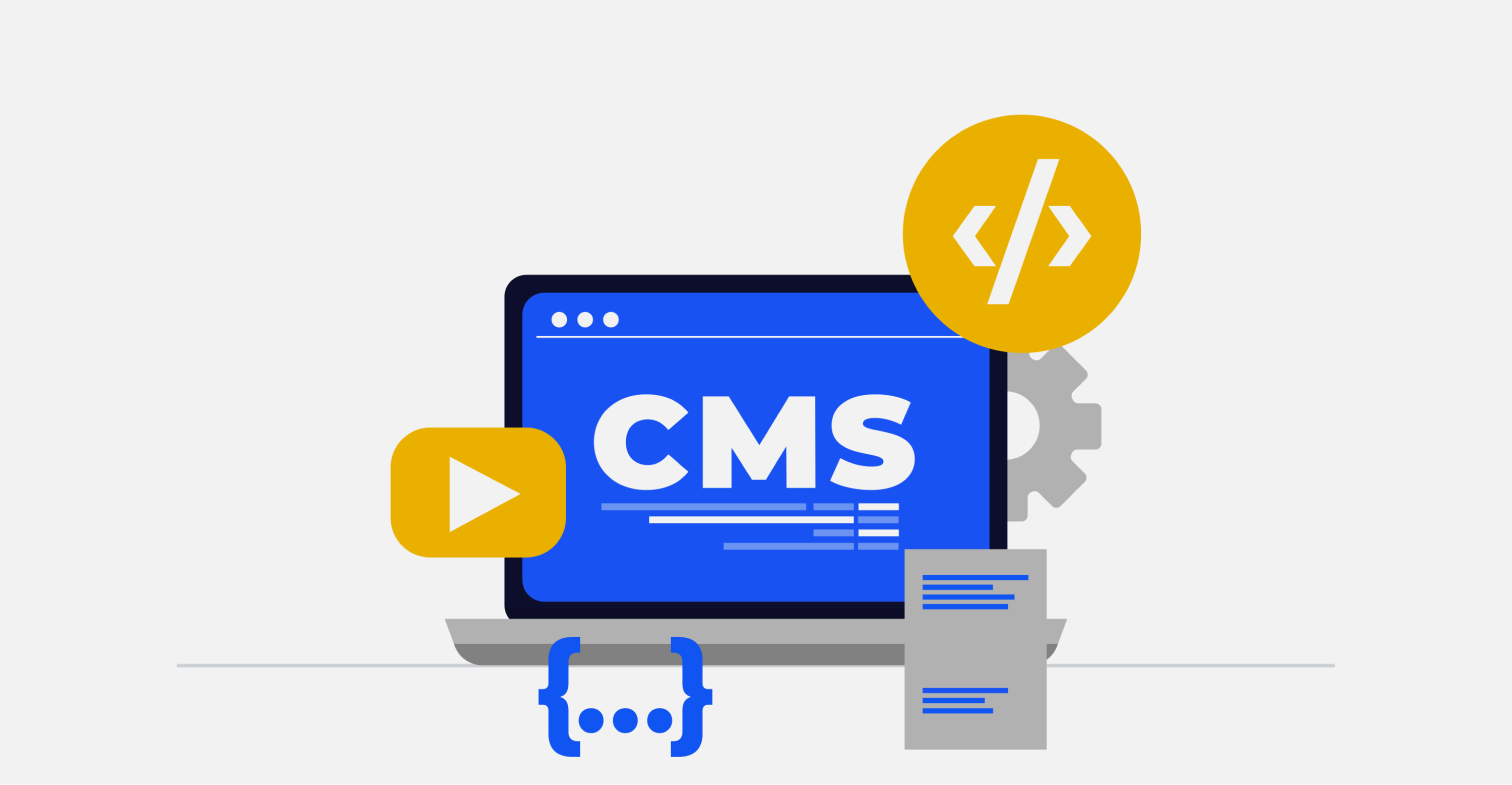In an ever-evolving world, event planning stands as a beacon of creativity, connecting people, ideas, and experiences. Despite its timeless significance, the events industry has encountered challenges in recent years. Nevertheless, these obstacles have paved the way for innovation, and today we find ourselves at the threshold of a transformative era in the event management lifecycle.
Organizing a successful event, whether it’s a conference, trade show, or corporate gathering, requires meticulous planning and attention to detail. In today’s digital age, technology plays a crucial role in enhancing attendee experiences, streamlining operations, and ultimately making events more memorable and impactful. While each event may have a unique planning process, incorporating event technology platforms can significantly reinforce every stage of the event management lifecycle. Event technology offers invaluable benefits, empowering planners to craft immersive, data-driven experiences that resonate with attendees long after the event.
Strategy & Planning
Understanding the “why” behind hosting an event and the objectives set by the planning team or company leadership is fundamental. Keeping in mind these established goals and milestones within the project timeline, you will find there is no wrong time to incorporate event technology into your current initiatives.
Breaking down the event management lifecycle helps identify gaps where innovation and technology can elevate the event. Instead of limiting technology integration to specific points in the process, blending these platforms throughout the planning process proves advantageous. Gone are the days of relying on web-based platforms solely for registration management. Event technology suppliers offer a wide range of use cases to support event goals and strategic initiatives.
Key Benefits
The current trend in technology integration focuses on selecting best-in-class tools that suit the client and event’s unique needs, rather than settling for all-in-one generic solutions. By incorporating these solutions throughout the planning process, event planners can now not only tell a story beyond the use of traditional Marketing KPIs utilizing unique data to take control of the narrative.
Event technology provides invaluable data, enabling event planners to assess the impact of their events on guest experiences, content reach, lead generation, and more. Detailed insights into attendee preferences and behavior during different event stages can be utilized to improve audience engagement through gamification, surveys, and content modules increasing communication touchpoints before and after the event.
Engaging attendees beyond the onsite experience facilitates data collection and provides valuable insights regarding your guests that would otherwise been extremely cumbersome to identify. The data gathered aids event management in personalizing the guest experience through segmentation and targeted approaches as well as prove beneficial with stakeholders, speakers, and vendors.
Conclusion
Event technology platforms have become essential tools for modern event planning, providing invaluable benefits across all stages of an event’s lifecycle. By strategically integrating technology into the planning process, event planners can enhance attendee experiences, gather insightful data, and achieve their event goals more effectively. Embracing the power of event technology empowers event planners to elevate their events to new heights, creating unforgettable experiences for all stakeholders involved, unlocking a world of possibilities.
If you’re looking for guidance on selecting the right platform for your event, our BW Events Tech team is ready to help you navigate the options and make an informed decision. Reach out to us today to explore how we can support your event planning needs!













